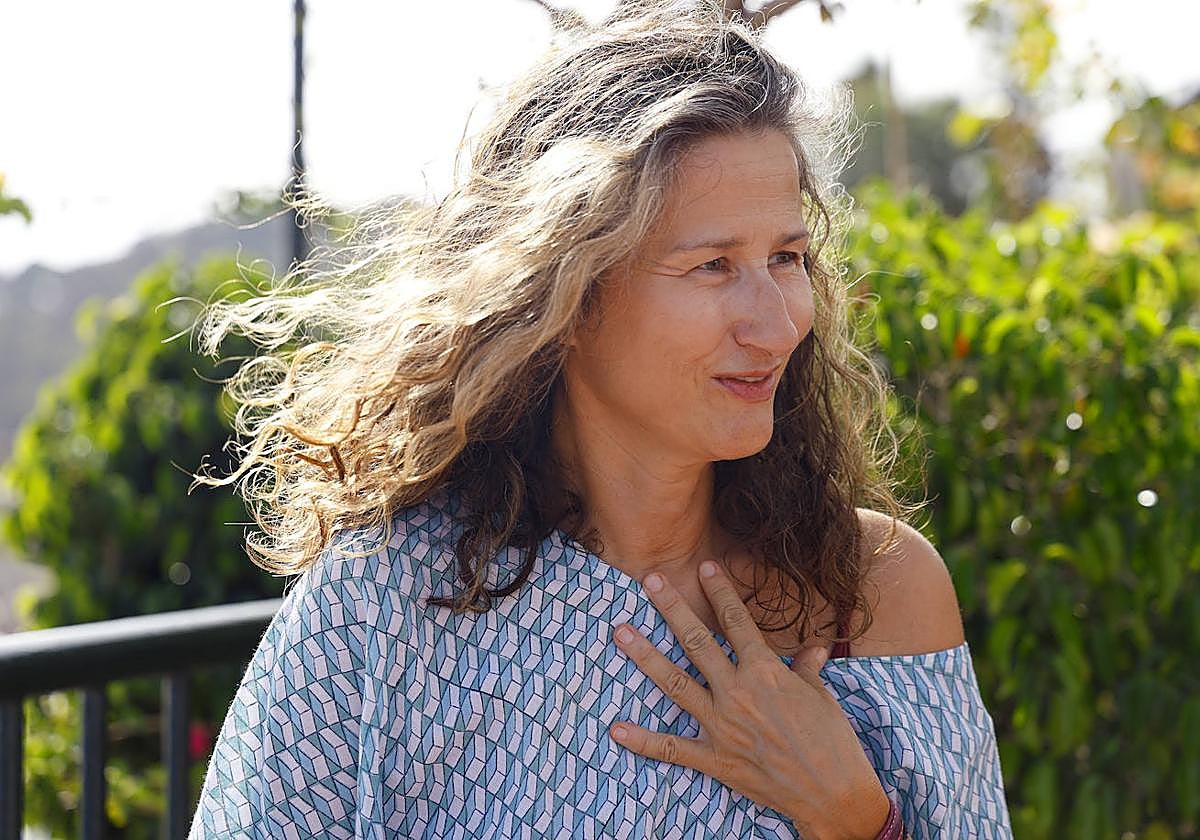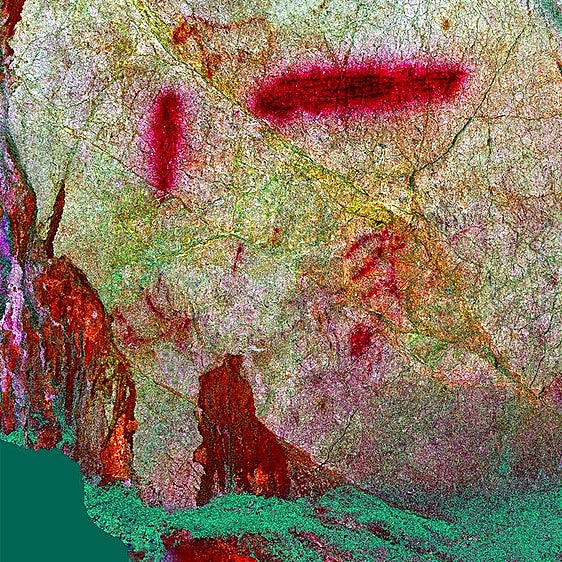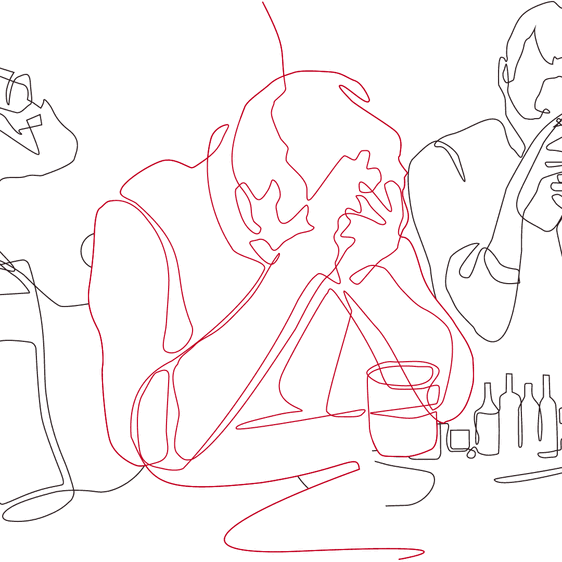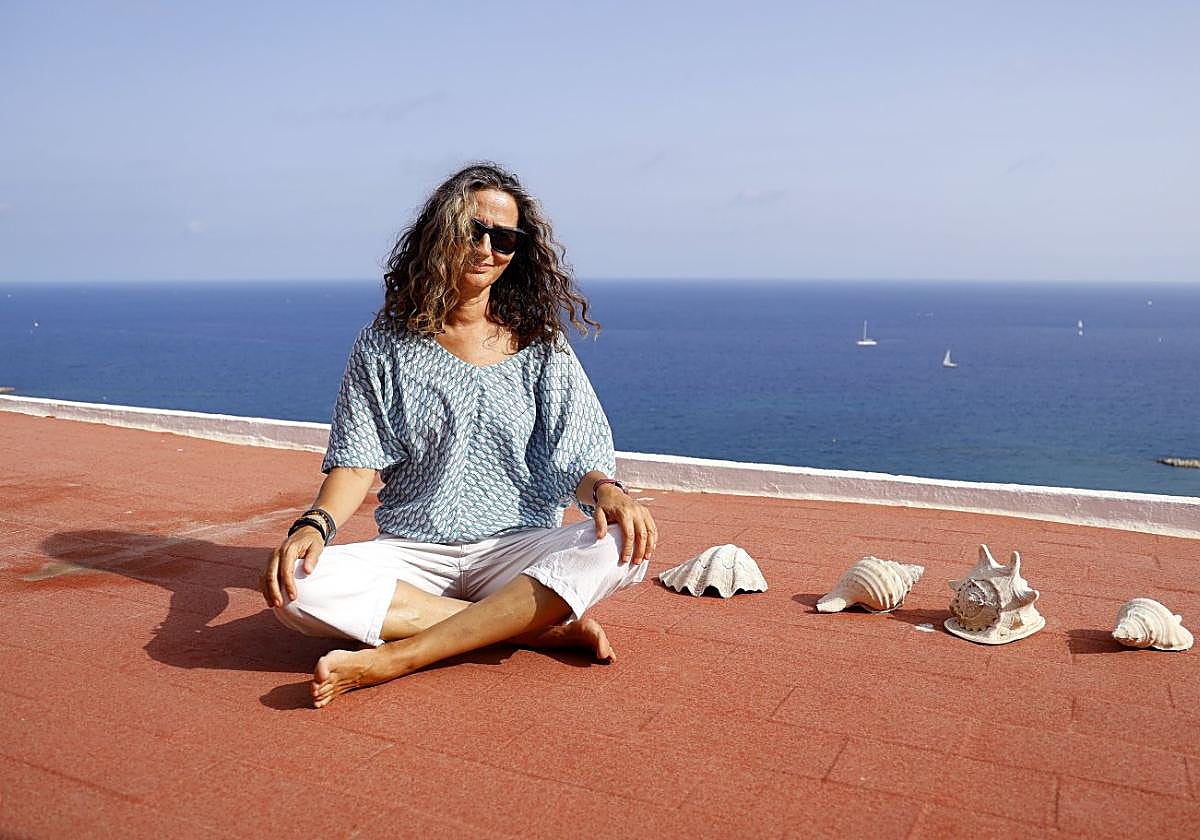From life as a 20th-century war reporter to 21st-century diplomacy
Dubravka Jovanovic started war reporting by chance and went on to win Emmys for her work; now she tours some of the world's most interesting embassies from her home in Malaga
Cristina Vallejo
Malaga
Friday, 13 September 2024, 15:53
She claims that hers is the terrace with the best views in Malaga city. She says this with pride and also with a willingness to share such views, which is why she has invited us to her home in Malaga's Monte Sancha for this interview, the home where she has spent her spare time since the mid-nineties. Dubravka Jovanovic was born in Belgrade, capital of the former Yugoslavia and present-day Serbia, grew up in Poland, married a Spaniard from Seville and has fallen in love with the Costa del Sol. Plus she has travelled around the world. She has an exciting history as a war journalist with several Emmy awards to her credit. And she still has a great life ahead of her: in a few days' time she sets off on a new adventure to the heart of Europe, the next destination for her diplomat husband. In every part of the world where she sets foot she leaves her mark: "My motto is that I have to leave each place better than I find it."

But let's start at the beginning. Dubravka Jovanovic, who goes by the name Duda, is of Serbian origin but spent her childhood, adolescence and early adulthood in Poland. Her father was stationed there as manager with a Yugoslavian company. That is where she first remembers herself with a camera in her hands, taking her first steps in journalism: "On one side were the demonstrators from the Solidarity trade union, on the other side were the communist-led police, and I was in the middle taking pictures," she recalls. "I was fifteen years old. I had a privileged position in the country. I ate in one embassy and went to play in another. As an expatriate I had diplomatic papers. But I did see my Polish friends having a hard time, especially when martial law and curfew were imposed."
Although she had already been bitten by the journalism bug, she went on to study medicine, following the family tradition. Her father, although a senior manager in the Yugoslav public conglomerate in Tito's time, was also a doctor, the most prestigious profession in their homeland. She began her studies in Poland, continued them in Yugoslavia and then, just as she was about to finish them, war broke out and ravaged the Balkans. She and her sister - they are twins and were both studying medicine - wanted to go on an exchange programme to Brazil, but their family, despite their more than comfortable financial situation, was not prepared to pay for their plane tickets. So their Polish friends told them that, with the number of languages they spoke - in Duda's case around a dozen - why didn't they become interpreters in a Yugoslavia that was falling apart at the seams and filling up with journalists from all over the world who required such a service? So that's what they did. It was a very well-paid job too. However, they didn't just translate, they were 'fixers': "If someone told us they wanted to do an interview with Milosevic, for example, we'd sort it."
Her time on television is a tiny part of her life, she says; what defines her now is her social commitment
So, after proving their skills, they both became journalists themselves. Dubravka Jovanovic worked for British TV's Channel 4 - "the one the intellectuals watch", she boasts - and for American network ABC. She covered the war in Yugoslavia. Thanks to her Belgrade roots it is particularly striking that she was able to work without any problems in the city of Sarajevo when besieged by the Serbian army.
"I experienced a kind of exclusivity, a privilege, because a Serb could not be in Sarajevo, but they saw me as one of their own," she recalls. One of the Emmy awards she and her team have won is for their coverage of the Bosnian town of Gorazde, one of the few that did not fall under Serb rule.
The other Emmy was for a report on children in war. "As a trained doctor, I don't see people according to their nationality or religion, I only help those who are suffering," she says. "In Yugoslavia, which was a socialist country, no one was religious; it was with the war that people began to believe in God," she explains.
She adds that it was not religious differences that provoked the conflict and that there was no hatred between the different ethnic groups: "Animosity is never personal; if someone says they hate a people, when they meet a person from that people face to face, that hatred doesn't come out. Everyone is good; it is circumstances that make us bad.
As a result of the conflicts she has experienced, she also does a lot of reflection: "Nationalism is the lowest emotion; while you think of the nation, you don't think of your empty stomach." Here's a striking metaphor: within the tragedy that is always a war she often did not know what accreditation to show because the fighters, the soldiers, did not wear any uniforms. All of them, the Bosnians, the Serbs, the Croats, the Muslims, the Christians, they all wore the same clothes, just everyday street clothes.
From conflict to love
As a journalist Jovanovic bore witness to the last conflicts of the 20th century. In addition to Yugoslavia, she also saw Chechnya, Rwanda and Somalia first-hand. Strangely enough it was in war that she found love with a Spanish diplomat. When they started a family, she gave up journalism. Her sister, who flits between Ukraine and Israel and who has won more than a dozen Emmys, continues to work as a journalist.
Duda is now a witness to how diplomacy works in the 21st century. To begin with, they were in Bosnia, where her husband opened the first Spanish embassy, but also in Israel during the Second Intifada, in Libya during Gaddafi's time, in Russia, in Iraq in 2004, in Turkmenistan and more. In each country she has an anecdote about the outcomes of being there. But discretion prevails, as does modesty.
She does share what it means to be the wife of a diplomat: "If your husband is a diplomat, he goes to the embassy and has his own world there; you, on the other hand, don't know anyone and have to start from scratch. I don't want to go, but then I don't want to leave. We are like trees: we put down roots. The worst thing that can happen to a prisoner is to be moved to another cell. And worse still, to be moved to another prison." For her children, if this life has brought them a dozen languages, it has been accompanied by a journey through a lot of schools; and when they make a best friend, the following year he or she is no longer there.
Far from feeling uprooted, Duda leaves her mark wherever she goes. War, she says, is a small part of her life. The important life, the one that defines her, is the one she gets on with now: she gets involved in the society in which she lives and its problems. She became famous in Montenegro where she started a campaign to clean up the beaches. She says that, during the first years she spent in Malaga, she saw a great improvement, which she now sees at risk of being reversed. Be that as it may, when her husband is in Spain at the Ministry in Madrid, she prefers to stay in Malaga and wait for him while she works from here, resting as she looks toward the Mediterranean from her terrace, the one with the best views in the whole city.


